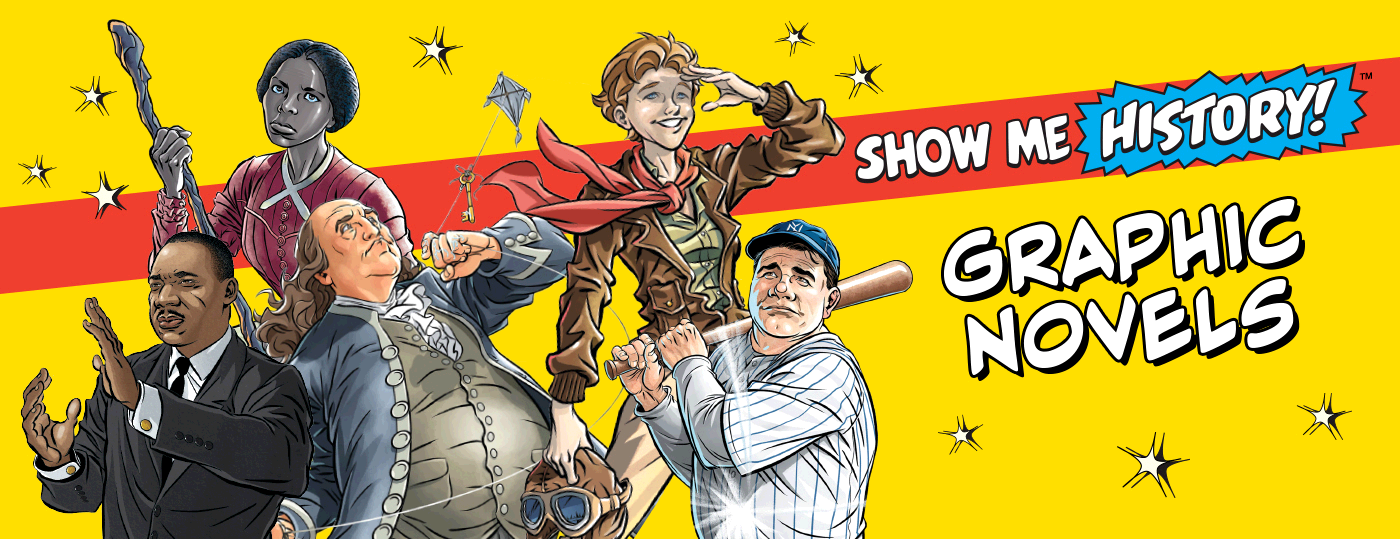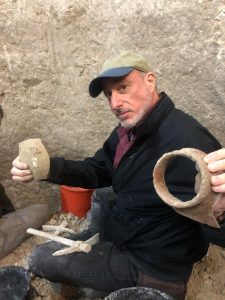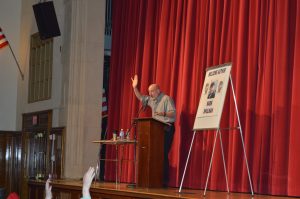- Canelo
Canelo finds the best commercial storytelling and brings it to the widest possible audience. Visit Canelo Website
- |Canterbury Classics
Canterbury Classics publishes classic works of literature in fresh, modern formats. Visit Canterbury Classics Website
- |Dreamtivity
Dreamtivity publishes innovative arts & crafts products for all ages. Visit Dreamtivity Website
- |Portable Press
- |Silver Dolphin
Silver Dolphin Books publishes award-winning activity, novelty, and educational books for children. Visit Silver Dolphin Website
- |Studio Fun
Studio Fun International produces engaging and educational books and books-plus products for kids of all ages. Visit Studio Fun Website
- |Thunder Bay
Thunder Bay Press brings information to life with highly visual reference books and interactive activity books and kits. Visit Thunder Bay Website


Interview with author Mark Shulman
You have written over 150 children’s books on a wide variety of topics. What is your favorite subject matter to write about?
I’ve been writing all kinds of nonfiction books for a long time. I like history and science and the ways words and language work. My books are for kids of all ages—they can be long or short, fat or thin, but they almost have something funny in them (if they’ll let me). The truth is, my favorite subject is always something I haven’t learned a lot about. I did a book for Discovery Channel’s Shark Week™ and suddenly I was pulling my kids to so many aquariums and shark exhibits my 2-year-old finally said “All done sharks, I want tigers.”
Where do you get inspiration for your writing?
I get inspired all the time, just like everyone. What people do with that inspiration is the difference: Some people sing, some dance, some collect things, some bake apple cakes. What really inspires me is an idea that I’ve never had before. One time I wanted to do an alphabet book, but how could I do it different? They all start with A. Actually, they all start with apple, for some reason. Then I thought, could I do my book using the last letters? What word ends with A that’s fun? Aha. Zebra ends with A. It also begins with Z, which is even weirder. Plus, everybody likes zebras. So my book could be called A is for Zebra. (The subtitle: A suberB alphabetiC backwarD experiencE). So, once I had my title, and it worked, I had the inspiration to write the whole book!
What kind of research did you do for the Show Me History books? How did you know what these public figures were thinking and saying?
For me, research is fun. I get to read books, magazines, websites, and look at old pictures, go to museums, things like that. In the movies, researchers know what they’re looking for. I don’t. I am looking for interesting stories, coincidences, weird facts. Things that kids will find fun and different, but still tell a story. For Abraham Lincoln, I found out he’d been a semi-pro wrestler. And that his political opponent, Salmon Chase, tried to put himself on the one dollar bill to become more famous. Lincoln stopped that.
What were my subjects thinking? Fortunately, they would write letters often, or give speeches, and I can quote those. When I do, their balloons are have a yellow background. Otherwise, I just have to use good, solid sources that check their facts well, so I’m sure of what I’m saying. BUT… to be really honest, sometimes I tell the stories I read and make up my own words, which give you the idea, but not the quotes.
How is it different writing a graphic novel versus any other type of book?
Writing a graphic novel, fiction or fact, is much more like writing a movie than a book. It’s fun, but it’s hard work. First of all, it looks a lot like a script. Instead of chapters, we have scenes. There’s dialog and there are descriptive paragraphs so the artist and the editor can know what I’m seeing. To add details I add links to photos and illustrations online. That can be for the building or room they’re in, or what someone was wearing. If there are special props, dated from the era of the book, like the boat Abe Lincoln took down the Mississippi as a teenager, it’s good to have reference. Most important, Sam and Libby run the show, taking us from place to place and explaining (or interfering) with the story and occasionally the characters.
You have a “School Visit” program on your website. What is that and what do you think kids get out of those visits?
I’ve been visiting schools as an author since before paper was invented. Kids and teachers like my presentations because I’m a) funny, b) actually have useful tips for writing nonfiction and stories, c) am not boring, d) have written a lot of different kinds of books kids like to read e) make good jokes and f) write (and present) for all ages and also g) am not unfunny. Anyone who wants to learn how to think like a writer, or write like a thinker, or be funny, likes my presentations specialized for their age group. I even help teachers, too.
Where to find March Shulman:
Website
Want to learn more about the contributors of Show Me History? Click here to read more.
Sign up for our mailing list to get a first look at new releases, giveaways, and more!
Portable Press
Browse Blog
Printers Row Publishing Group









